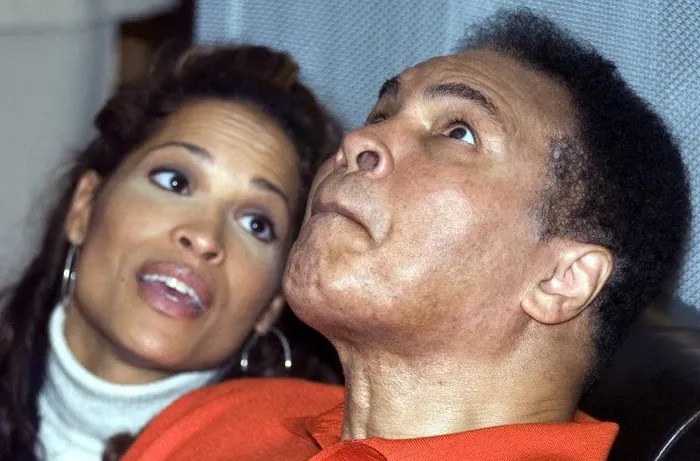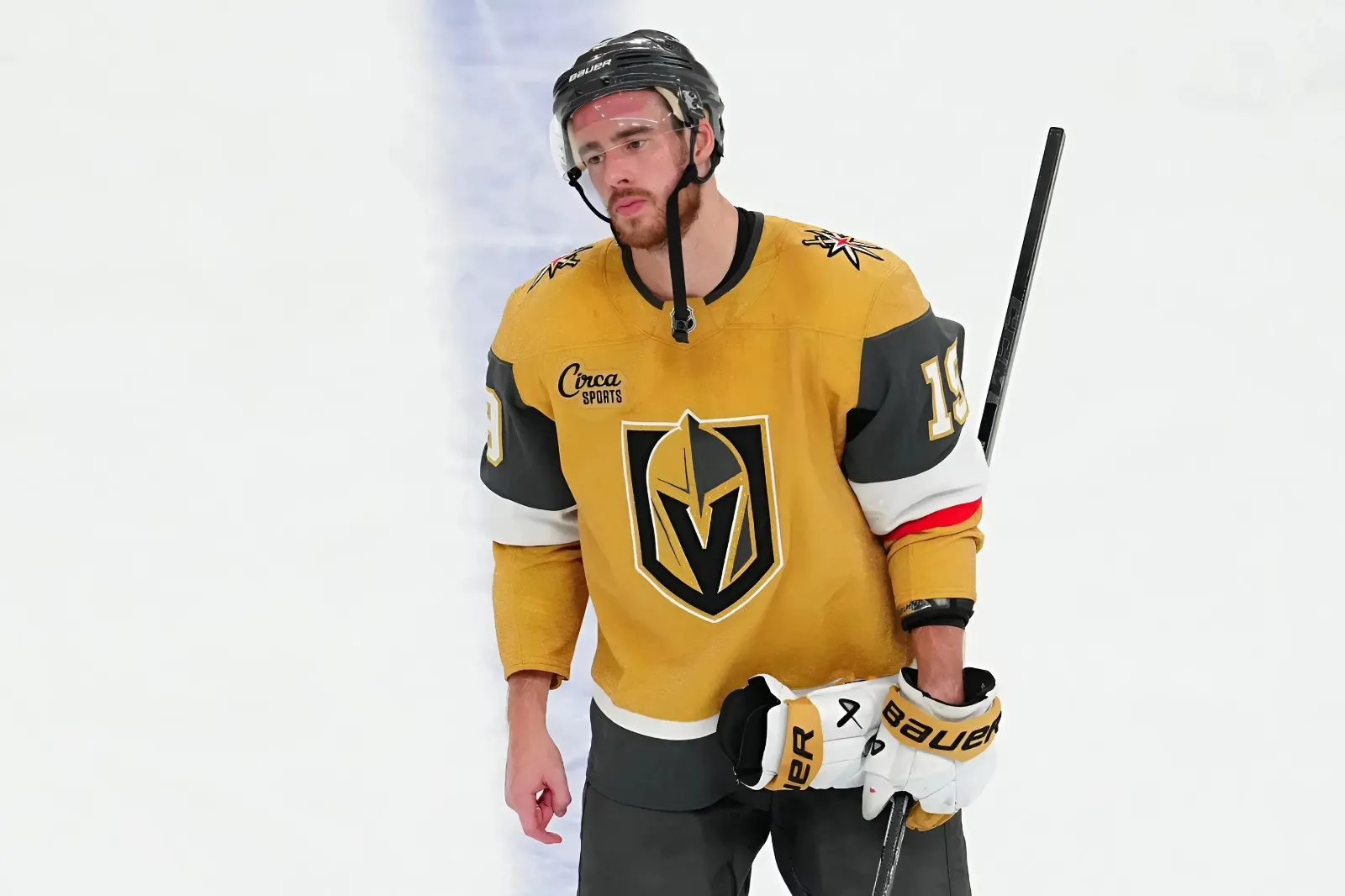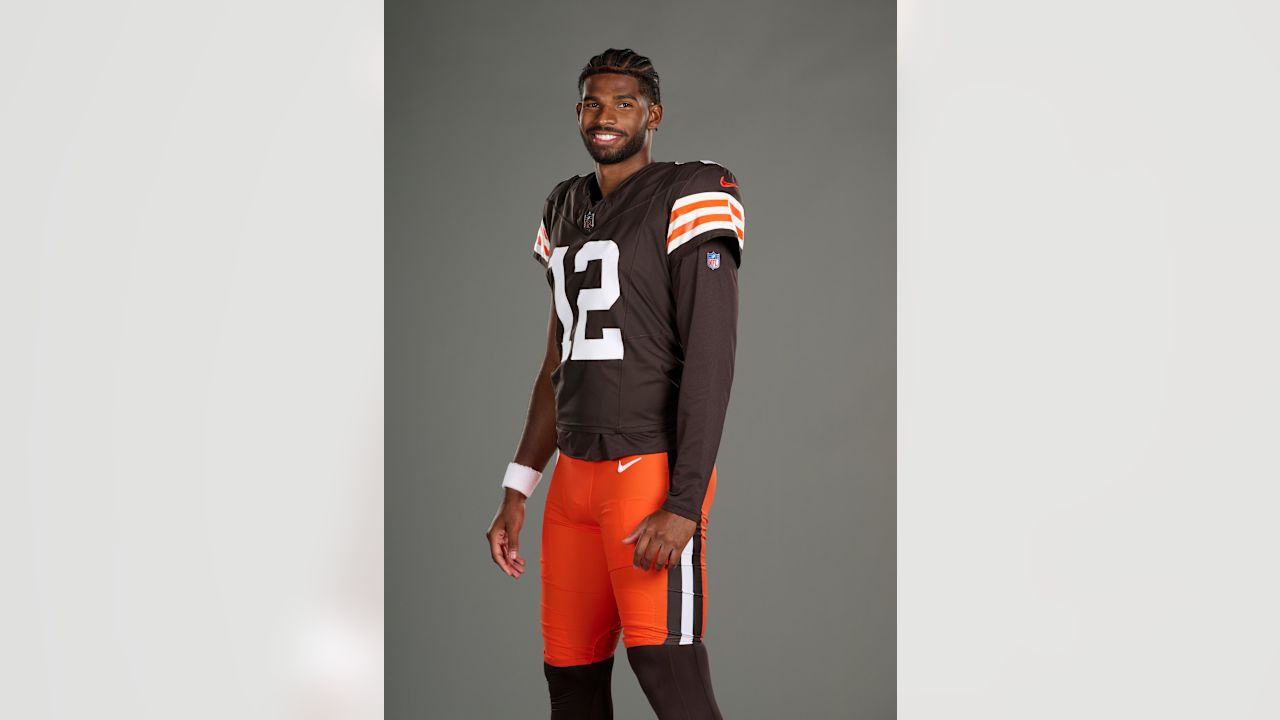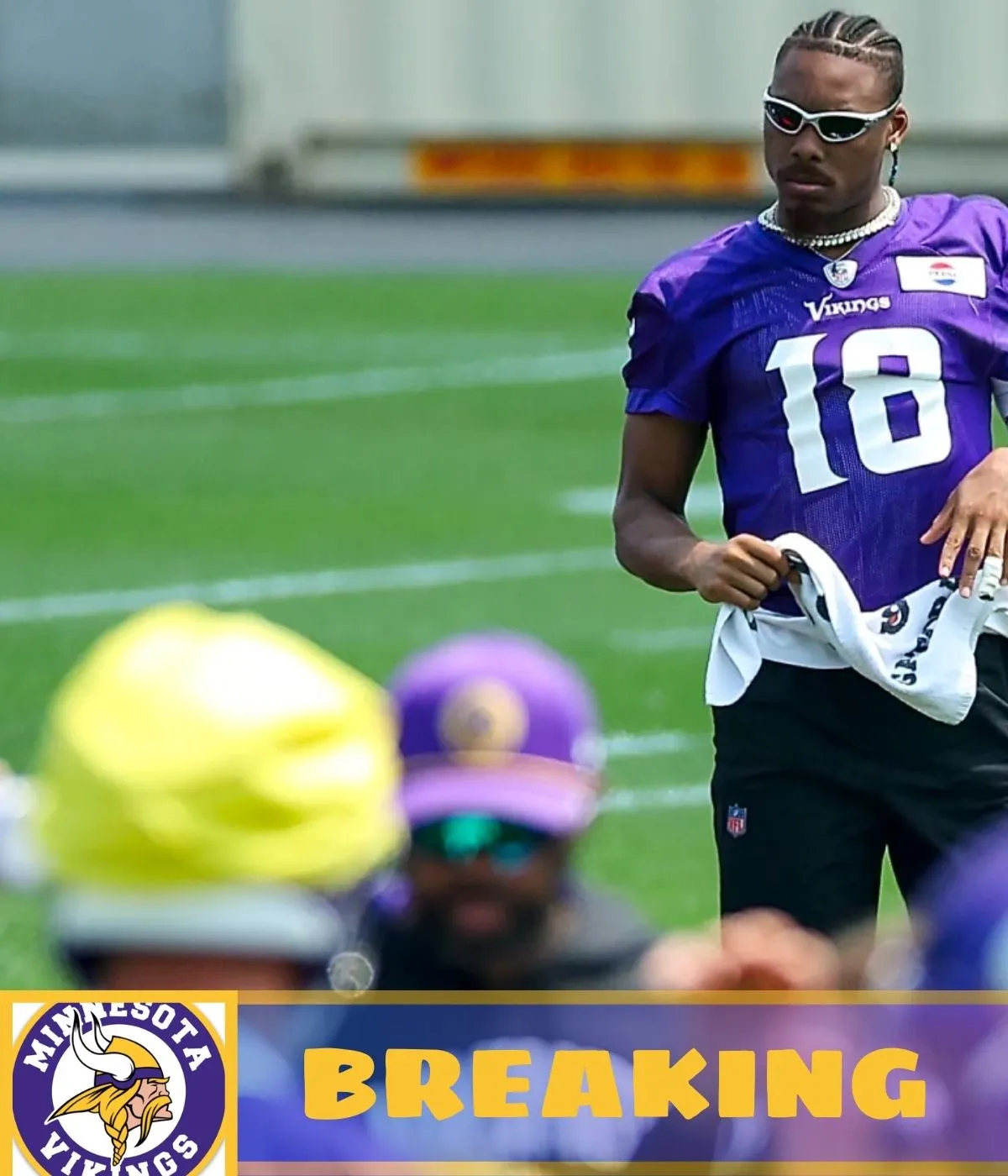RASHEDA Ali was just three years old when her daddy, Muhammad Ali, stepped into the ring for arguably the most celebrated boxing bout of all time, ‘The Rumble in the Jungle’ on October 30, 1974, in Kinshasa.
Ali’s exceptional reflexes and athleticism were all brought to life on that fateful morning in Zaire (now Democratic Republic of Congo) through his lightning footwork, superior head movement, a unique low-hand guard, and the famous "rope-a-dope" technique.
Rasheda’s recollection of the actual fight is limited and based more on the black-and-white film tapes she’s watched countless times. And while she still swoons over the beauty he portrayed in a sport that’s infamous for its brutality, the recollection of her great father lies more in the legacy that he left outside of the ring.
“Yes, I think my dad has done so much while he was here on the earth. What he tried to do was, he tried to be an example of how we should treat each other. My dad was an advocate for, he was a champion, he was a peace ambassador, he was the greatest in the ring and also out,” Rasheda exclusively told Independent Media on the outskirts of the IBA’s Golden Era launch in Istanbul.
“Because he really wanted people to love one another a lot more … 'Service to others' was one of my favourite quotes that he's ever made. Because the reality is, why are we all here?
“So when my dad stepped into a ring, he was also thinking of his brothers. And I think we should be hearing that a little bit more now, especially in this emotional climate, politically and physically.”
Rasheda feels her dad’s “legacy lives on through the IBA”, especially after IBA President President Umar Kremlev unveiled plans for the sport’s “Golden Era” with a bout arranged between America’s Rob Morrow and Iran’s Hasan Yousefi.
“Boxing is for peace. We are for peace," Kremlev said, with Rasheda concurring.
“Only Umar could bring two countries together and really try to promote peace and ambassadorship,” she said.
“And that's what my dad did while he was here and I think my dad's life and legacy carries on through the IBA. We can learn from my dad who really tried to bring people into the sport and he did that because he was so eloquent while he was in the ring.
“But also what he did outside the ring is what he's mainly notable for. And him being just an ambassador of peace, for him being someone who loved every single person regardless of their race, creed or color.
“Because I think that's kind of where Umar is trying to take the organization into a point where he's connecting with not just professional fighters but also amateur fighters and helping them and giving them an opportunity to not only fight but become champions within themselves.”
Rasheda fondly remembers a trip to South Africa almost 20 years ago where she went to research another great patron of peace, and very good friend of her father, former State President Nelson Mandela.
“So back in 2006 I had a conference there (in Cape Town) and I brought my whole family,” she said. “I brought my children and my husband there. And we got a chance to actually go to Robben Island, we actually toured Nelson Mandela's cell while we were there.
“Yes, we went to Robben and what we did was we were able to teach our children about what that meant and how small that cell was. And really what that meant and how Nelson suffered and really they learned a lot. I mean they learned a lot more being on that island than being in a classroom honestly.”




